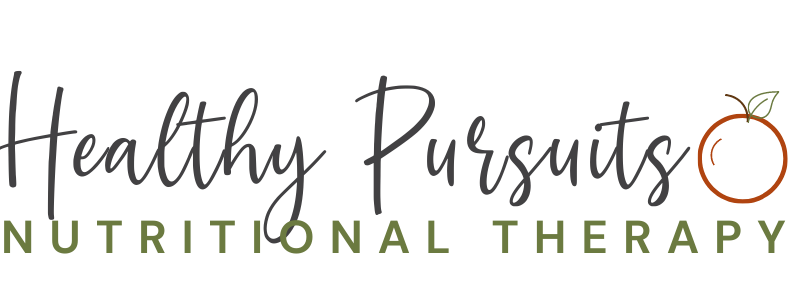
Eggs are not Keto.
Wait, whaaaaat? “I thought those were some of the main foods to eat on keto!”
This is coming off of my last post. I wanted to talk a little more about foods being “keto” vs. “not keto.
All this does is contribute further to restriction and feeling like we need to be on some kind of specific diet. Being on a “diet” (apparently this post is going to be full of “”) never seems to work well for people. We all want a quick fix to our health or weight issues so we try different diets in the hopes of them solving our problems. There’s also money to be made from diet books and programs so we’re bombarded with advertisements for the next best diet.
Now to clarify, as I mentioned in the last post, I personally eat for ketosis. I’m choosing foods that keep my body mostly in a state of ketosis because I want the anti-inflammatory, hormone-balancing, insulin-reducing, gut-healing, and mental clarity benefits than can go along with this way of eating.
I don’t like to call myself “keto” though. People may look at what I eat and generally don’t eat and think it’s restrictive and that I’m on a diet.
The truth is, though, that I am CHOOSING to eat (mostly) foods that help me to feel good both while I’m eating them and afterwards. I am continually adapting and modifying what this looks like for me as I learn more about what my body currently can and cannot handle.
A list of what foods are “keto” is not going to tell me that.
An online macronutrient calculator or calorie-counting app is not going to tell me that.
My body is going to tell me how I feel and ketone testing is going to tell me if I’m still in ketosis.
My goal is to feel good and work towards healing the underlying chronic inflammation in my body.
Being “keto” is not going to cure me. Being “vegan” will not cure me. Being “paleo” will not cure me. There is no specific diet that is going to cure all my or your health issues.
What I (or you!) eat or don’t eat is a huge piece of the puzzle but it’s not the whole shebang.
And that’s one reason the diet mentality of foods being keto or not keto can get in the way of healing or just living a healthy life.
I do eat bacon. Not because it’s keto or not keto but because I like it, I feel good both while I eat it and afterwards. I stay in ketosis and haven’t noticed and negative effects when I eat it.
I don’t eat cheese right now. Cheese is considered “keto” but my body is currently showing an immune response to dairy so with my goal of healing in mind, it’s not worth it to me to eat it (have I still chosen to a few times? Yes, I’m human!)
Potatoes are not considered “keto” but sometimes I eat them. Again, with my goal of healing in mind, if they fall into the parameters of me feeling good during and after eating them, I’ll have them. When I was initially getting my body adapted to being in ketosis I was more likely to avoid them. Now it’s pretty easy for me to get back into ketosis after having something higher carb.
One thing that gets me through times when I start to feel restricted or sorry for myself (again, I’m human and not immune to the head games that we can have about food!) is always keeping in mind my simple framework for what I CHOOSE to put in my body.
Does it make me feel good while I’m eating it?
Will I still feel good after I eat it?
Does it support my goal of healing my chronic health issues?
What foods allow me to answer “yes” to all of these questions will change as my body changes. It already has been changing! Sometimes for the better, and sometimes it’s frustrating. But it’s all part of the journey that I’m choosing to be on because I didn’t want to settle for feeling crummy anymore.
So, while I obviously think nutritional approaches and protocols are a necessary part of healing, I think HOW we view them is more important. Just looking at a specific diet overall and not YOUR interpretation of it, is not helpful.
Your body is different than anyone else’s. If you’re following a keto approach, you need to pay attention to not only being in ketosis but what actual foods you’re eating! They HAVE to be nutrient-dense foods that are supporting your body and your needs.
Maybe that means having some bacon. Maybe that means eating eggs. Maybe you’re sensitive to eggs and would give your gut a break to avoid them. Maybe that means eating lower than 20 grams of carbohydrates. Maybe that means eating higher than 20 grams. Maybe that means cycling through periods of ketosis and periods of not being in ketosis.
We are not simple creatures. Not only is your body incredibly complex but it’s always changing! If you didn’t sleep well and are stressed, you may react differently to foods than if you were well-rested, for example.
It’s not black and white. We want it to be but it just isn’t. Start to be present in your food choices and how your body feels. You don’t have to “be” keto. You don’t have to “be” vegan. You can CHOOSE to eat certain foods and avoid others with your health and body in mind.

0 Comments